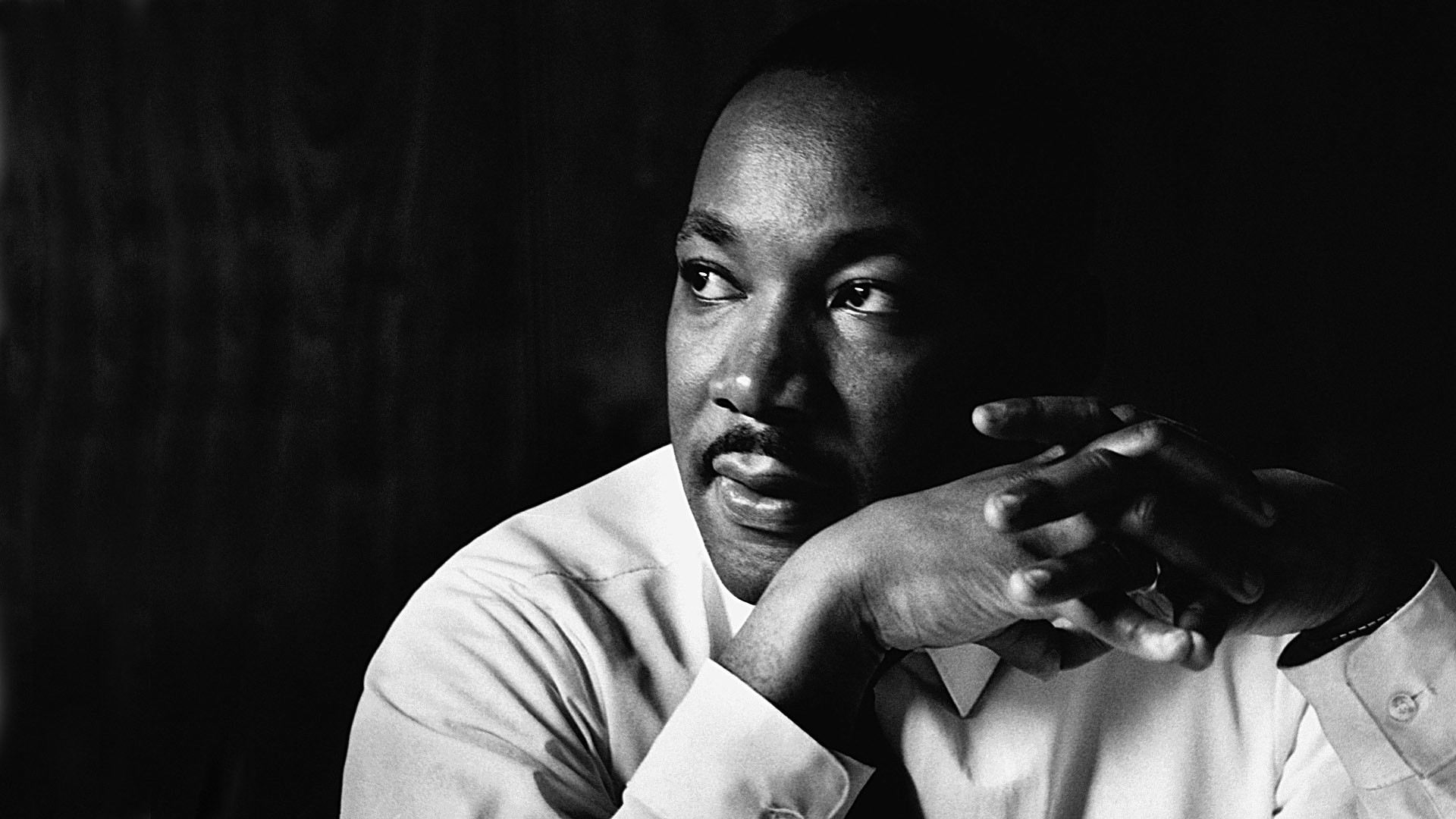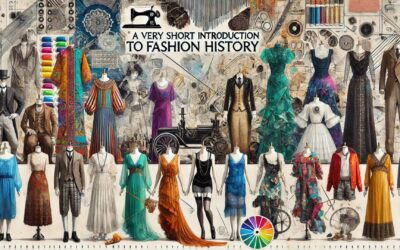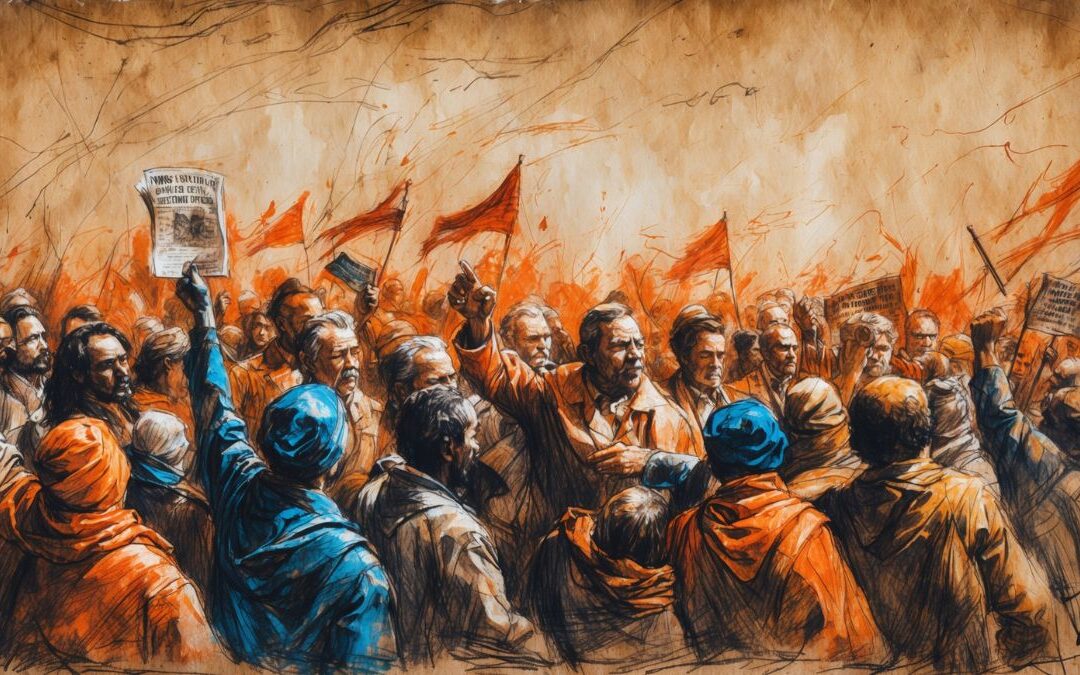Interested In More about Dr. King?
Listen to Audiobooks, Podcasts and Audible Originals
Start your 30-DAY FREE TRIAL now!
Practice
Flashcards
Learn
Match
Spell
Test
Practice Worksheet
PDF Download Link
Do You Know | Martin Luther King Jr by English Plus Podcast on Scribd
Transcript
MARTIN LUTHER KING, JR.
“I have a dream that my four little children will one day live in a nation where they will not be judged by the color of their skin but by the content of their character. I have a dream today!”
The Reverend Martin Luther King, Jr., said these words in his famous “I Have a Dream” speech in Washington, D.C., in 1963. He was America’s most prominent civil rights leader. The civil rights movement was the struggle to get laws and attitudes changed so that black Americans could have rights equal to those of white Americans.
A PREACHER’S SON
King was born in Atlanta, Georgia, in January 1929. His father and grandfather were preachers at the large all-black Ebenezer Baptist Church in Atlanta. King himself became a preacher at age 18.
While attending graduate school in Boston, he met Coretta Scott. The couple married in 1953. The following year King’s first job as a minister took him to Dexter Avenue Baptist Church in Montgomery, Alabama.
CIVIL RIGHTS
In the 1950s, black people were not treated very well in the United States. Public places, including schools and restrooms, were segregated in many Southern states. That means that there were separate buildings or areas for black people and for white people. Even in Northern states, black people often weren’t allowed to live in nicer neighborhoods. They were rarely hired for good jobs. Their children could not go to good schools. In some places they even had to give up their seats on buses if a white person wanted to sit down.
In 1955, police in Montgomery arrested a black woman named Rosa Parks for refusing to give up her bus seat to a white man. Black people in the city started a boycott of the bus system. They refused to use it as long as it did not treat them equally. The boycott’s leaders chose King as their spokesman.
For nearly a year Montgomery’s black residents refused to ride the city’s buses. They walked and rode in car pools. They took their case to court.
The Supreme Court of the United States ruled in favor of the protestors. The nation’s highest court said segregation on public buses was illegal not only in Montgomery, but everywhere in the nation. That ruling was a great victory for civil rights.
A NATIONAL LEADER
King was an excellent speaker. “We have gained a new sense of dignity and destiny,” he said after the Montgomery victory. “We have discovered a new and powerful weapon—nonviolent resistance.” King’s speeches appealed to both Christian principles and American ideals. Time magazine and other magazines and newspapers featured the handsome young preacher on their covers.
King was one of the leaders of a protest in Birmingham, Alabama, that attracted worldwide attention. Policemen attacked peaceful marchers, including schoolchildren carrying small American flags.
The Birmingham police arrested King. In jail he wrote a letter to local ministers who had criticized him for disrupting the city. King’s “Letter from Birmingham Jail” expressed his belief that individuals had the moral right and responsibility to disobey unjust laws. The letter enhanced King’s reputation as a moral leader.
KING’S MOST FAMOUS SPEECH
On August 28, 1963, the March on Washington took place. More than 200,000 people gathered to hear King give his “I Have a Dream” speech from the steps of the Lincoln Memorial in Washington, D.C.
The protests in Birmingham and in Washington helped convince the U.S. Congress to pass the Civil Rights Act of 1964. This act made it illegal in America to treat blacks or other ethnic groups unfairly.
That same year King’s peaceful efforts to win civil rights earned him the Nobel Peace Prize.
ASSASSINATION
King’s opinions and success in winning civil rights angered many people. In the spring of 1968, he traveled to Memphis, Tennessee, to support the city’s black garbage workers. The workers refused to collect the garbage until the city gave them better working conditions. While there, King was shot and killed by James Earl Ray, a white man who had escaped from jail.
King is remembered for the great changes he made to American society and for the peaceful means that he used to make them. The third Monday of every January is a national holiday that honors King’s birthday.
judge
If you judge something or someone, you form an opinion about them after you have examined the evidence or thought carefully about them.
If someone is a good judge of something, they understand it and can make sensible decisions about it. If someone is a bad judge of something, they cannot do this.
A judge is the person in a court of law who decides how the law should be applied, for example how criminals should be punished.
prominent
Someone who is prominent is important.
Something that is prominent is very noticeable or is an important part of something else.
widely and favorably known
preacher
A preacher is a person, usually a member of the clergy, who preaches sermons as part of a church service.
a person who has the calling and function of preaching the Christian Gospel, esp a Protestant minister
a person who preaches
segregate
To segregate two groups of people or things means to keep them physically apart from each other.
arrest
If the police arrest you, they take charge of you and take you to a police station, because they believe you may have committed a crime.
If something or someone arrests a process, they stop it continuing.
If something interesting or surprising arrests your attention, you suddenly notice it and then continue to look at it or consider it carefully.
boycott
If a country, group, or person boycotts a country, organization, or activity, they refuse to be involved with it in any way because they disapprove of it.
carpool
A carpool is an arrangement where a group of people take turns driving each other to work, or driving each other’s children to school. In American English, carpool is sometimes used to refer simply to people travelling together in a car.
If a group of people carpool, they take turns driving each other to work, or driving each other’s children to school.
resistance
resistance to an attack consists of fighting back against the people who have attacked you.
resistance to something such as a change or a new idea is a refusal to accept it.
The resistance of your body to germs or diseases is its power to remain unharmed or unaffected by them.
appeal
If something appeals to you, you find it attractive or interesting.
Someone or something that is appealing is pleasing and attractive.
An appealing expression or tone of voice indicates to someone that you want help, advice, or approval.
protest
If you protest against something or about something, you say or show publicly that you object to it. In American English, you usually say that you protest it.
A protest is the act of saying or showing publicly that you object to something.
disobey
When someone disobeys a person or an order, they deliberately do not do what they have been told to do.
pass
When people in authority pass a new law or a proposal, they formally agree to it or approve it.
If you pass information to someone, you give it to them because it concerns them.
If you pass the ball to someone in your team in a game such as football, basketball, hockey, or rugby, you kick, hit, or throw it to them.
means
A means of doing something is a method, instrument, or process which can be used to do it. Means is both the singular and the plural form for this use.
You can refer to the money that someone has as their means.
You can say ‘by all means’ to tell someone that you are very willing to allow them to do something.











0 Comments